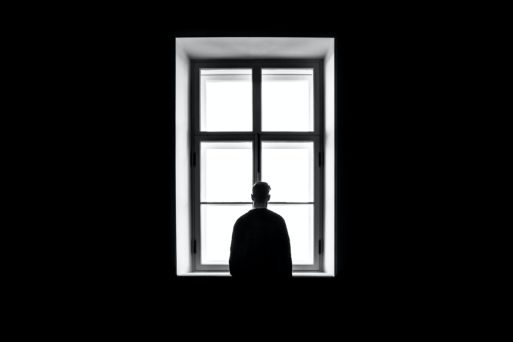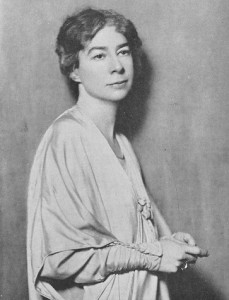 As I was reading Sara Teasdale’s “Alone,” I was struck by how much it reminded me of a line from Harry Potter and the Deathly Hallows, which I wrote about in this post. In the book, Dumbledore tells Harry, “‘Do not pity the dead, Harry. Pity the living, and, above all, those who live without love’” (Rowling 722). This same message is echoed in the final lines of Teasdale’s piece:
As I was reading Sara Teasdale’s “Alone,” I was struck by how much it reminded me of a line from Harry Potter and the Deathly Hallows, which I wrote about in this post. In the book, Dumbledore tells Harry, “‘Do not pity the dead, Harry. Pity the living, and, above all, those who live without love’” (Rowling 722). This same message is echoed in the final lines of Teasdale’s piece:
I am alone, in spite of love,
In spite of all I take and give—
In spite of all your tenderness,
Sometimes I am not glad to live.
I am alone, as though I stood
On the highest peak of the tired gray world,
About me only swirling snow,
Above me, endless space unfurled;
With earth hidden and heaven hidden,
And only my own spirit’s pride
To keep me from the peace of those
Who are not lonely, having died.
In line with Dumbledore’s way of thinking, the narrator asserts that those who have died “are not lonely” (12), but rather, at “peace” (11) because they have died. By contrast, the poem’s narrator, who seemingly has everything, including “love” (1) and “tenderness” (3), is unhappy with her life. She, who is surrounded by people that she can interact with, is still capable of feeling “alone” (1). This is paradoxical, since one would assume death, a solitary state, would be viewed as much more lonely. And yet, the narrator feels, “Sometimes I am not glad to live” (4). Thus living is not always the more enviable state.
At this point in her life, the narrator feels isolated, as if she is far away from everything and everybody: “About me only swirling snow,/Above me, endless space unfurled” (7-8). Her negative view of life shows through in her use of the phrase, “the tired gray world” (6). Rather than choosing some bright color to describe the world, the narrator calls it “gray,” which conveys her attitude that it is dull and unappealing.
The narrator considers suicide, but her “spirit’s pride” (10) prevents her from acting on this idea. Though this section of the last stanza is dark, it elucidates a unique look at death, one that does not view it as an intimidating unknown, but as something better than life. The narrator sees unity in death, and wishes she could emulate that feeling during life, something few people cogitate when thinking of death. All of us will experience this united state at some point, but until then, we must soldier on, even through the tough times.
For an earlier post on suicide in literature, click here.
For more on Sara Teasdale, check out this site.

 “Alone” by Sara Teasdale
“Alone” by Sara Teasdale




 Composting Bodies Is Now Legal in a Dozen States
Composting Bodies Is Now Legal in a Dozen States
 “Hand to Earth” by Andy Goldsworthy
“Hand to Earth” by Andy Goldsworthy














